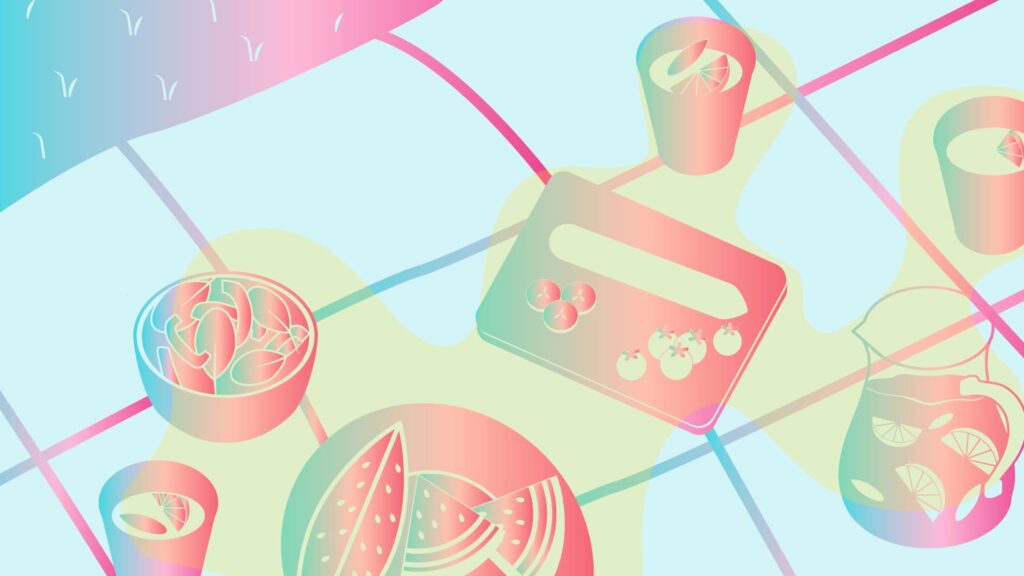How to stay hydrated during the summer months

Water makes up to 60% of our body, therefore staying hydrated is vital for maintaining overall health, boosting energy levels, and ensuring optimal bodily functions.
When you consider that 73% of the human brain is water, it isn’t much of a surprise that hydration also impacts your cognitive performance. In fact, research has shown that even mild dehydration (a body water loss of between 1%- 2%) impairs cognitive performance. Another study uncovered that participants who drank water showed an overall boosted productivity level of around 14%.
Now that it’s summer in the UK and the weather is warmer, you may be sweating more than usual. Whilst sweating is crucial to our body’s thermoregulation, it is also our biggest source of fluid loss alongside going to the toilet.
Symptoms of dehydration can include a dry mouth, headaches, fatigue, difficulty concentrating, dizziness and bloating. A lack of thirst does not mean you’re not dehydrated. A study at the University even found that mild dehydration is equivalent to being over the drink driving limit in terms of driver errors.
Being hydrated means that you’re providing the body with adequate amounts of fluid to replace what’s being lost. Some of the benefits of being well-hydrated can include:
- Improves physical performance
- Boosts mood
- Regulates body temperature
- Protects organs and tissues
Challenge yourself to drink between 1.5-2 litres of water every day
The exact amount you need to drink will depend on factors including your health, age, size and weight as well as your activity levels, but for most adults 1.5-2 litres is sufficient. You could use a hydration calculator to find out a more exact amount you need to be drinking. Calculating your sweat rate may also be useful for informing hydration around exercise sessions.
Although other drinks such as tea, coffee, milk and soft drinks increase your fluid intake, water is the healthiest and cheapest choice to keep you hydrated.
Tips for staying hydrated
- Start your day with a large glass of water
- Carry a reusable water bottle with you
- Set reminders on your phone for every hour, you could also use an app such as Water Reminder – Daily Tracker
- If you don’t like the taste of plain water, try infusing your water with lemon, lime, berries, basil or mint leaves
- Eat water-rich foods such as cucumber, lettuce, celery, cabbage, watermelon, tomatoes, peppers, courgettes and spinach, about 20% of our daily water intake comes from food
- Alternate alcoholic drinks with water
- Check your urine against a urine colour chart to check your hydration level, pale yellow usually means you’re well-hydrated, while darker yellow can indicate dehydration
- Avoid caffeinated drinks as they make us produce urine more quickly, counteracting some of the hydration they provide
- Drink extra fluids if you’ve been sweating from physical activity
- You may need electrolyte drinks if you’re exercising or working at a high intensity or in the heat as electrolytes are lost through sweat
- Serve water with your meals throughout the day
- When you’re feeling hungry, drink water as thirst is often confused with hunger
You can find more information from the British Nutrition Foundation on hydration and pregnancy, healthy hydration for older adults, keeping children hydrated, nutrition for sports and exercise, and more.
Health and Wellbeing
Wellbeing means being in a positive physical, social and mental state. Wellbeing is important to us as happy, healthy people who achieve harmony in their work / life mix are more creative, productive and help to create a great place to work.